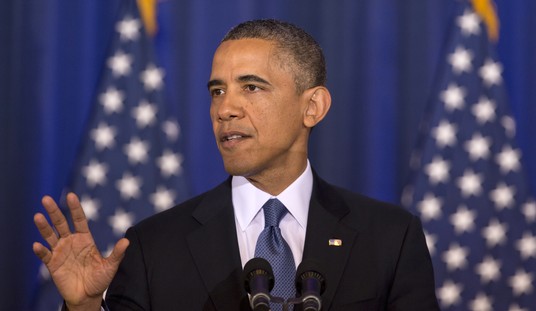Over 2,400 years ago the famous Greek historian, Herodotus, counseled that “Haste in every business brings failure.” Now in power, President Obama and the democratic Congress are moving with great haste to spend an additional $850 billion of taxpayers’ hard-earned money (perhaps more) on top of the nearly $1 trillion that the government has already thrown at the current economic crisis, which not coincidentally, was also allocated in great haste. As Herodotus would likely predict, the economic stimulus that this money is supposed to create will come to naught.

The government does not have an extra $2 trillion lying around. Consequently, they will need to increase the national debt in order to pay for the increased spending. Putting this in perspective, between 1776 (when the Colonies started incurring debt to pay for the Revolutionary War) and 2007 the U.S. accumulated a total debt of around $10 trillion. An additional $2 trillion increases the national debt by around 20 percent!
The proposed increase in government debt is an exercise in futility that will exacerbate the economic crisis and burden future generations with higher taxes in order to repay this unprecedented and ill-advised fiscal excess.
Public debt, like private debt, is not necessarily a bad thing. Certainly Bill Gates and Michael Dell must be pleased with the debt burdens they incurred early on in the life of Microsoft and Dell Computer. Similarly, the debts the U.S. government incurred to fight World War II can be viewed as a worthwhile investment. The key to understanding the ultimate impact of the government debt is an understanding of where this money is coming from, and where it is going.
There is no top secret source of revenues for the U.S. government. The government must borrow money in the same debt markets as other government or private entities. Consequently, the dollars that the U.S. federal government raises to fund its debt comes from the same potential investors who could have invested their money with private companies or state and local governments.
Recommended
In an efficient market, the ability of borrowers to repay their debts is assessed. Those borrowers deemed less likely to repay their debts must pay higher interest rates to compensate for the higher risk the lender is taking. Due to its taxing authority and perception that the U.S. government will always repay its debt, the debt of the U.S. government is considered to be the “safest”.
Normally, investors will have different preferences with respect to risk and return, and in this manner the funds are allocated efficiently across borrowers. But times are anything but normal. Due to the extreme economic turbulence, investors’ appetite for risk has vanished. Everyone wants to hold the safest investment – U.S. debt.
Our current economic woes are defined by this devastating credit crunch. Banks and businesses large and small are having a difficult time funding their operations. The government’s grand plans to jumpstart the economy include bailing out major corporations (such as the auto industry), the banking sector, as well as state and local governments, thereby alleviating the credit crunch. This is where the futility of the government’s borrowings comes full circle.
When the U.S. government raises money, by definition, these activities precludes private companies from raising the same money – investors can only allocate their dollars once. Therefore, by increasing the government debt the government is making it more difficult for companies (and state and local governments) to issue debt to fund their operations. Therefore, every dollar the government spends as part of its gigantic stimulus program has, and must continue, to be diverted away from other potential borrowers (such as private companies).
Had the government not increased its debt a greater amount of resources would have been available for investment in the private sector – the same private sector companies that the government is now “bailing out” because they are not able to raise enough money. Importantly, the judgment of millions of investors would have been deciding which companies should be receiving the funds.
Instead, the government decided to go on a spending binge, and flood the market with increased government debt, worsening the very credit crisis the government’s actions were supposed to be alleviating. Additionally, the political process is now deciding which companies should receive the scarce funds. Political heavyweights such as the automobile manufacturers are now receiving the funds at the expense of other more productive sectors.
The spending spree and de facto nationalizations of key industries will significantly increase our national debt; worsen the U.S. economic fundamentals; and, leave the U.S. economy with another terrible hangover. Worse, these actions push us further down that slippery slope toward a socialized economy.
While it is too late to avoid another hangover, it is not too late to minimize the pain. Instead of spending the $850 billion stimulus in haste, the new Administration and Congress should sit back and rethink its approach to revitalizing our economy. Otherwise, as Herodotus would counsel, our haste will end in failure.























Join the conversation as a VIP Member